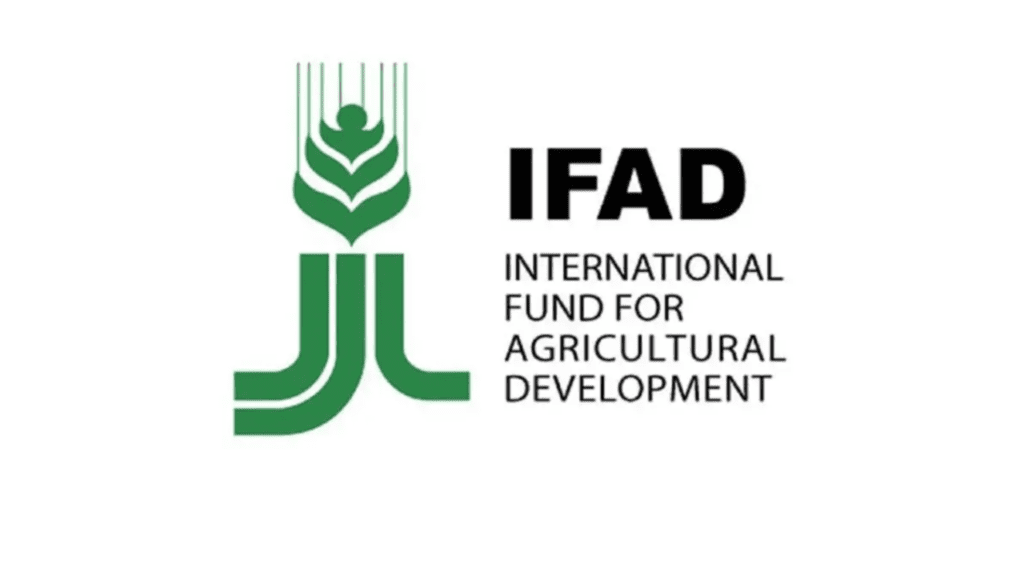The International Fund for Agricultural Development (IFAD), has provided $60million support, out of the total project cost of $97.8million for the implementation of the Livelihood Empowerment Family Enterprise Project in the Niger Delta (LIFE-ND) region. Participating states include Abia, Cross River, Bayelsa, Delta, Edo and Ondo. The six-year project, also funded by the Federal Government, is aimed at enhancing income, food security and job creation for rural youths and women through agri-enterprise development on a sustainable basis in the Niger Delta region. Speaking at the launch of the mid-term review mission of the project, the Country Director of IFAD Nigeria, Mrs. Dede Ekoue, said the project, supported by the Niger Delta Development Commission (NDDC), had reached about 14,500 within three years of implementation.
At a mid-term, she said the project had made significant progress, including reaching about 14,155 smallholder farmers, as against a target of 25,500 farmers, representing 55.5 per cent. She added that the project had engaged 792 mature businesses to create and coach 6,035 new enterprises, which represents gainful employment for women and youths. To boost the achievement of nutrition goal, she said a total of 2,500 community women and youths have been trained on the use and cultivation of bio-fortified planting materials – Provitamin A cassava, brown rice, fruits, orange fleshed sweet potato and vegetable homestead establishment in over 35 schools and 150 incubation centres, to improve nutrition and income generation. IFAD also said that it had directly invested in the Nigeria’s agricultural sector through domestic and international co-financing while benefitting 5,144,805 persons across 28 states of the country, who were recipients, through viable interventions initiated by its Country Strategic Opportunities programme (COSOP).
The Director, Project Coordinating Unit, Federal Ministry of Agriculture and Rural Development, Musa Bukar, assured of the Ministry’s commitment at ensuring full implementation of the project. Bukar, who expressed hope that Phase 2 of the project would commence in 2024, added that mid-term review would further assess and make recommendations in line with the project design for phases 1 and 2. “It is also pertinent for the mid-term review to look into the possibility of IFAD funding the three excluded states of Imo, Rivers and Akwa Ibom state directly from the IFAD funds”, Bukar said. Also, the National Project Coordinator FGN/NDDC/IFAD LIFE-ND, Engr. Abiodun Sani, stated that the project had contributed significantly to the national economy by creating over 6,000 jobs among rural women and youths in the Niger Delta region in the last three years.


1 Comment
These funds are really going to boost agro production in the Niger Delta